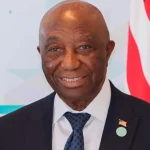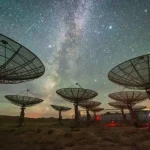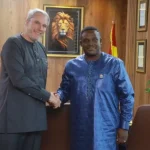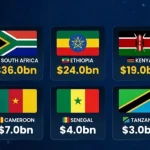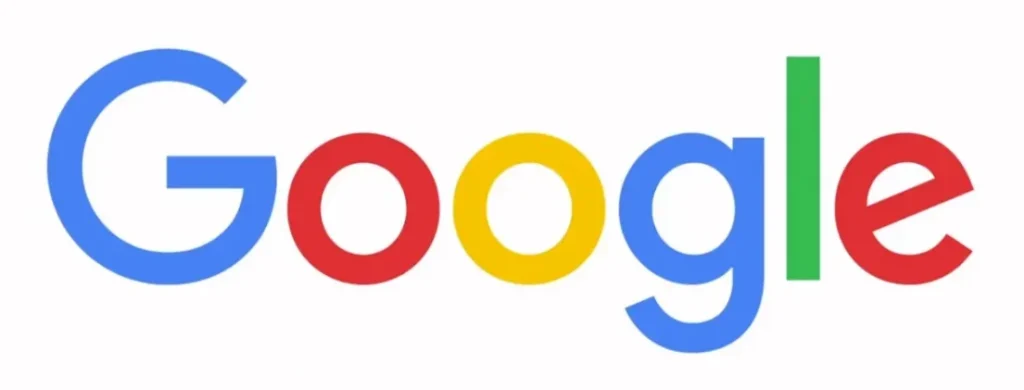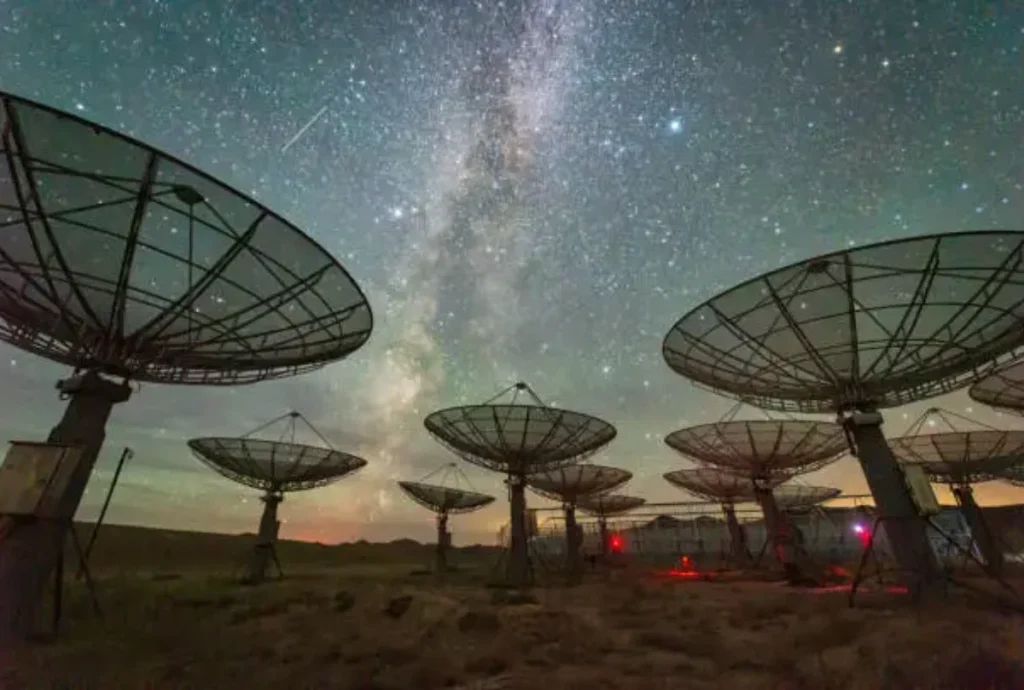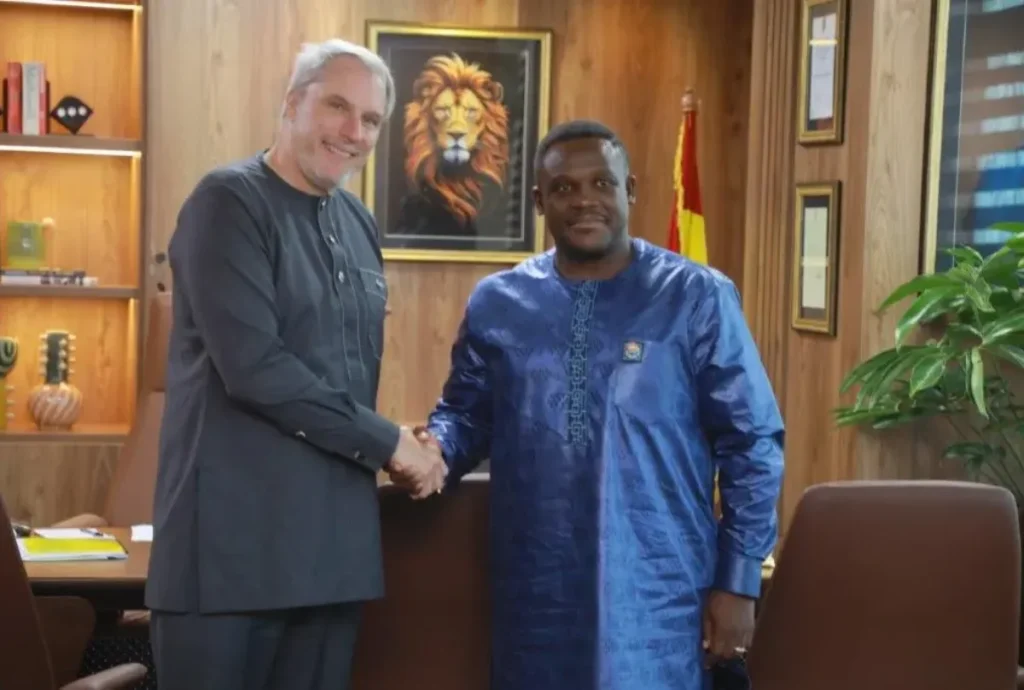Alphabet Inc.’s Google has announced plans to establish four major infrastructure hubs across Africa, a move set to transform the continent’s internet connectivity and digital ecosystem.
The hubs, strategically located in north, west, south, and east Africa, will host critical infrastructure such as data centers and subsea cable landing stations, directly linking to Google’s Equiano and Umoja undersea cables.
According to Alex Okosi, Google’s Managing Director for Africa, the project will be fully funded by Google and represents new investment beyond the $1 billion pledged in 2021. He confirmed that the company has already surpassed its initial commitment but did not provide cost specifics.
Why the Hubs Matter
Internet access across Africa is often costly, unreliable, anLinking Equiano and Umoja Cables
The new hubs will serve as vital connection points for Google’s subsea infrastructure:
- Equiano Cable – running along Africa’s west coast, connecting Europe to Africa
- Umoja Cable – linking Africa to Australia via the Indian Ocean
Both cables are scheduled to land on the continent this year. The hubs are expected to be completed within three years, creating a strong backbone for Africa’s digital economy.d vulnerable to cable disruptions. The planned hubs are designed to:
- Enhance resilience of Africa’s digital backbone
- Improve internet speeds and reduce downtime
- Lower broadband costs for telecom operators and end-users
- Expand opportunities for providers like MTN Group and Vodacom Group
With improved connectivity, the hubs will empower millions of Africans to access affordable, high-speed broadband.
Africa’s Growing Role in Global Tech
The announcement comes as global tech giants intensify investment in Africa:
- Microsoft is building a $1 billion geothermal-powered data center in Kenya.
- It is also investing $300 million to expand AI capacity in South Africa.
Google’s hubs, combined with subsea cables, will support AI deployment, cloud adoption, and digital services across the continent.
“Africa represents a significant growth opportunity for emerging technologies like AI,” Okosi said. “For us, it is about making sure we invest in Africa so that the AI opportunity is realized.”
What You Should Know
- Google’s four infrastructure hubs are expected to mark a turning point in Africa’s digital transformation.
- Stronger backbone networks will reduce internet costs, improve service reliability, and foster innovation ecosystems.
- This follows Google’s 2022 Equiano cable landing in Lagos, Nigeria, which advanced the country’s broadband penetration and digital economy.
Conclusion
If executed as planned, Google’s latest investment will not only strengthen Africa’s internet infrastructure but also position the continent as a key frontier for global technology growth.
With localized hubs supporting subsea cables, Africa is on the path to faster connectivity, AI readiness, and broader digital inclusion.


